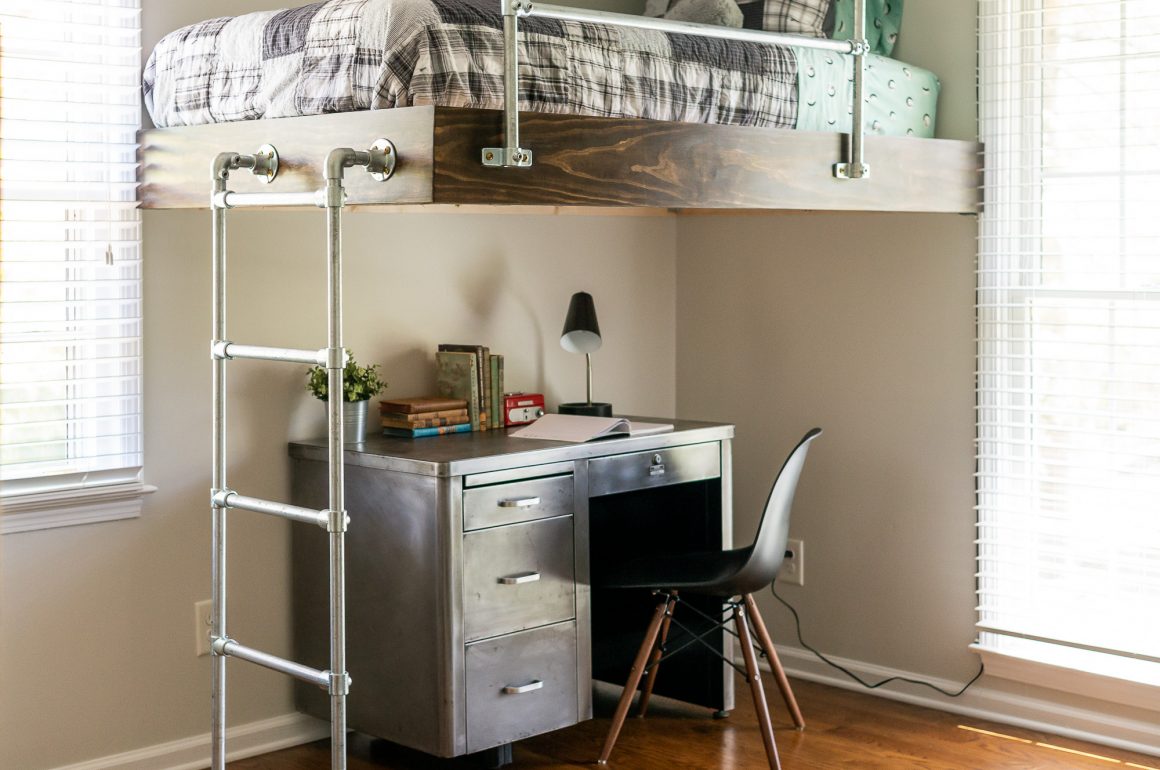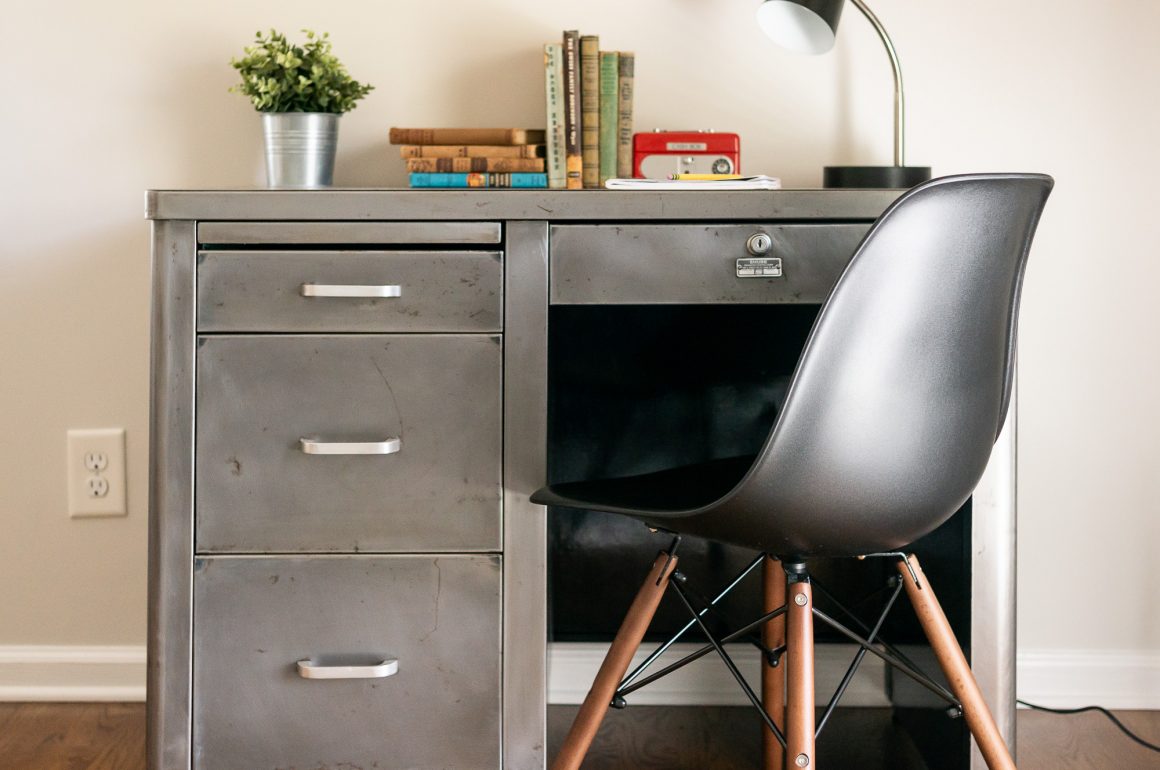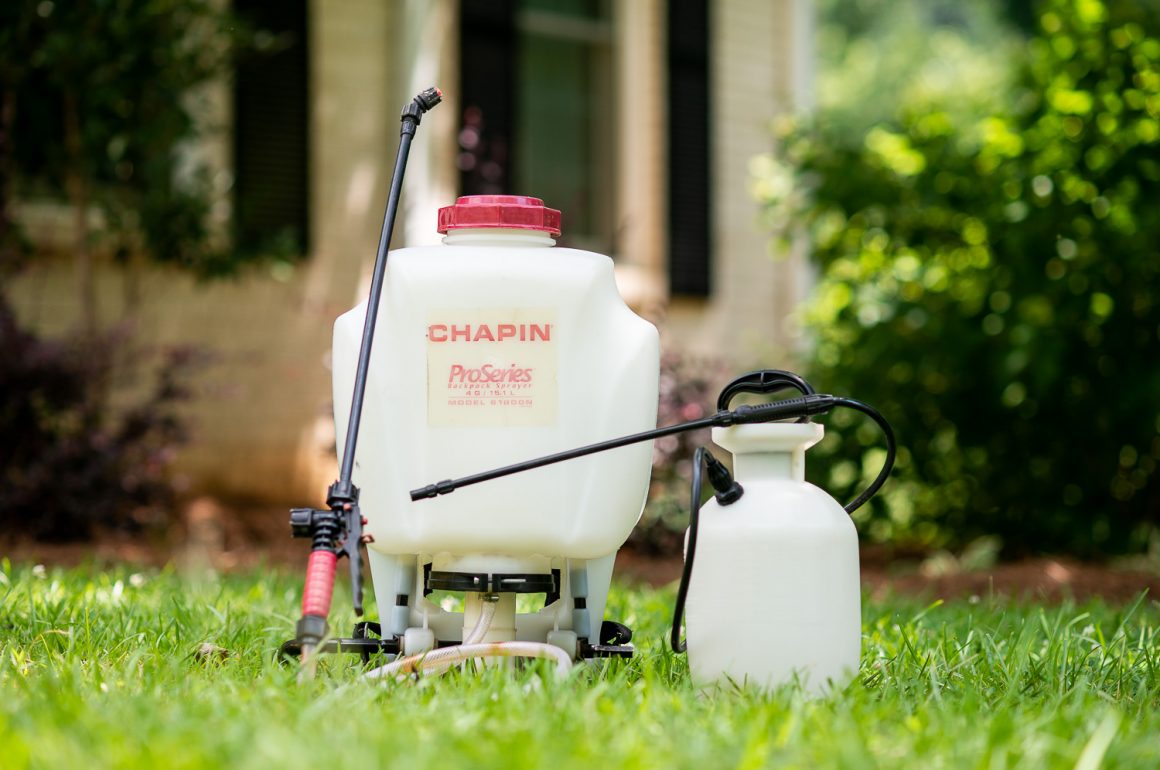You Should Keep That Bolt | Episode 017

Last Updated on October 3, 2019 by Tim Harman
Do you have a small parts collection? If not, then you should! It should also be organized. Keeping spare nuts, bolts, and other random parts will save you that trip to Home Depot. Then, next time you’re working on a project and need that one random bolt, just take a trip to your personal hardware store in your garage. You should keep that bolt!
Tim gave the back-story of how he was inspired by an old neighbor and war vet (POW), Bob. During WWII his plane collided with another American plane killing all but Bob and one other Army Air Corpsman. He was captured by the Nazis and went on to spend 18 months in Stalag 17B as a POW. Bob was a consummate American bad-ass serving in WWII, Korea, and Nam before retiring in 1973. Sadly, we lost Bob in 2004, but his legacy lives on.
Bob kept an impressive small parts collection. Whenever we needed something to finish a project, we’d go see Bob. You should be like Bob. Read more about Tim’s take on small parts organization HERE.



BONUS SEGMENT
On this week’s bonus segment, Tim quizzed the guys on some WWII trivia!
- How many domestic automobiles were produced in the U.S. after the bombing of Pearl Harbor (between February 1942 and October 1945)?
- 0
- 2,500
- 15,000
ANSWER: ZERO. From early 1942 to late 1945, no domestic automobiles, auto parts or trucks were produced.
- Before Japan’s surrender, there were plans for possibly launching a third atomic bomb. Which city was targeted for this final assault?
- Tokyo
- Osaka
- Kyoto
ANSWER: Tokyo
- What was a “Liberty Steak”?
- Spam
- K-rations
- A Hamburger
ANSWER: Hamburger. The “Liberty Steak” was a common hamburger. Fearing the name was somehow pro-Nazi, clever marketers changed it for the duration of the war.
- Did any of Hitler’s relatives fight for the Allies?
- No
- Yes, Hitler’s brother
- Yes, Hitler’s nephew
ANSWER: Hitler’s nephew, William Hitler, served in the U.S. Navy during the war. He changed his name to William “Willy” Patrick Stuart-Houston.
- Enola Gay was the name of the B-29 bomber that dropped the first atomic bomb over the port city of Hiroshima, Japan. What was the name of the aircraft that dropped the second bomb over Nagasaki?
- Bockscar
- Big Boots
- Reliant
ANSWER: Bockscar was named for its usual pilot Frederick Bock. On the actual day of the bombing, though, Bock was in another B-29 designed to take scientific measurements of the blast.
- Kamikaze pilots were dreaded Japanese weapons during the war. About how many kamikaze pilots intentionally crashed their planes into enemy targets during the conflict?
- 500
- 2,800
- 10,000
ANSWER: Approximately 2,800 Japanese pilots died in kamikaze raids during the war. Their efforts killed over 4,900 sailors and destroyed 34 U.S. ships.
- What country lost the most lives in World War II?
- Germany
- France
- Japan
- Soviet Union
ANSWER: Most estimates agree the Soviet Union suffered the highest number of total deaths in World War II, between 22 and 28 million. A total loss of about 14.0% of its population. By comparison, the US lost 420,000
- What was the last major battle of World War II?
- Battle of Jutland
- Battle of Okinawa
- Battle of Iwo Jima
- Battle of Wake Island
ANSWER: The Battle of Okinawa was the last major battle of World War II, and one of the bloodiest. On April 1, 1945—Easter Sunday
- What was the Nazi code name for a planned invasion of the United Kingdom during WW2?
- Operation Crown
- Operation Battle-axe
- Operation Overlord
- Operation Sea Lion
ANSWER: Operation Sea Lion, or Unternehmen Seelöwe, was Nazi Germany’s code name for a provisionally proposed invasion of the United Kingdom during the Battle of Britain.
- How many B-29 Bombers did the Bell Bomber plant in Marietta, GA produce during WW2?
ANSWER: After assembly lines began functioning in the spring of 1943, Bell employees supplied the U.S. Army Air Forces with 663 Boeing-designed B-29s, the first of which were delivered before the end of the year.
- BONUS: How many workers did the Bell Bomber plant have at its peak?
ANSWER: Bell Bomber reached its peak employment of 28,158 workers in February 1945.

REFERENCES
- https://play.howstuffworks.com/quiz/world-war-two-quiz
- https://www.history.com/topics/world-war-ii/battle-of-okinawa
- https://www.usefultrivia.com/war_trivia/world_war_ii_trivia_index_ii.html
- https://www.georgiaencyclopedia.org/articles/government-politics/bell-bomber
- https://soar.kennesaw.edu/handle/11360/69









Leave a Comment